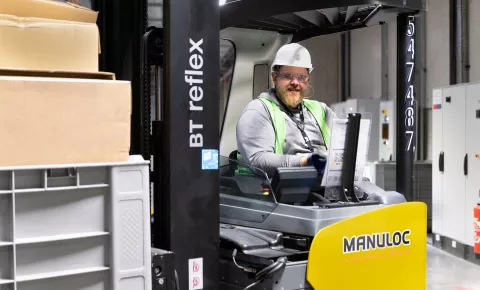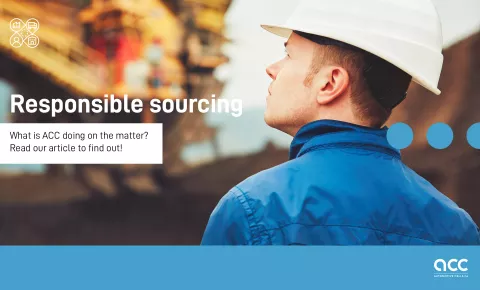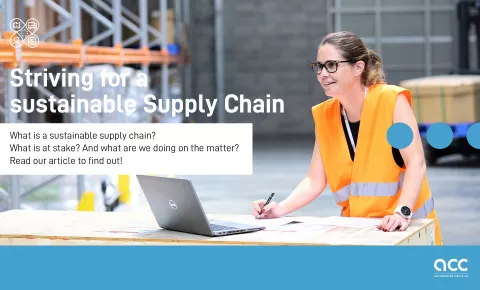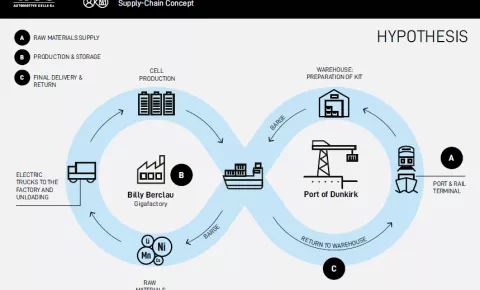A chain with no weak links
Our suppliers play a significant role in helping us to achieve our sustainability targets. We can only improve the overall sustainability performance of the electric mobility sector through collaboration and consistent commitment to CSR along the whole value chain: from mining to OEM (Original Equipment Manufacture) including end of life battery recycling.
What is at stake?
- A majority of the social and environmental impact of our products comes from the supply chain.
- China currently controls the majority of the essential raw material refining necessary for EV batteries manufacture (lithium, cobalt, natural graphite, nickel).
- Ensure compliance with the EU battery regulation regarding due diligence in supply chain
Measuring ourselves and our suppliers by the same high standards
Building a sustainable supply chain of suppliers that respect the same environmental, social and governance standards that we do is one of ACC’s highest priorities. As is ensuring full traceability of the raw materials – particularly strategic metals.
Throughout our supply chain and the services we use, we will strive to identify and act upon actual and potential human rights risks for workers.
Supplier compliance is a major challenge for ACC. Suppliers' maturity in terms of responsible practices can vary widely.
ACC develops demanding codes of conduct (Code of Ethics, Sustainable Supply Chain Charter) with which suppliers must comply. It also carries out regular assessments and works closely with suppliers, particularly helping them calculate their CO₂ emissions. These actions aim to guarantee the availability of data in accordance with the European regulatory timetable and increase suppliers' CSR maturity.
ACC has implemented a supplier evaluation process based on our Sustainable Supply Chain Charter, a documentary audit by EcoVadis and a CSR, environmental and raw material traceability criteria evaluation system ACC has developed.
This assessment covers their compliance with the ethical, environmental and social standards of the EcoVadis Charter and reference framework, as well as the origin and traceability of the raw materials used to make our cells. Suppliers wishing to work with ACC must undergo this process to assess their maturity and compliance with our CSR requirements.
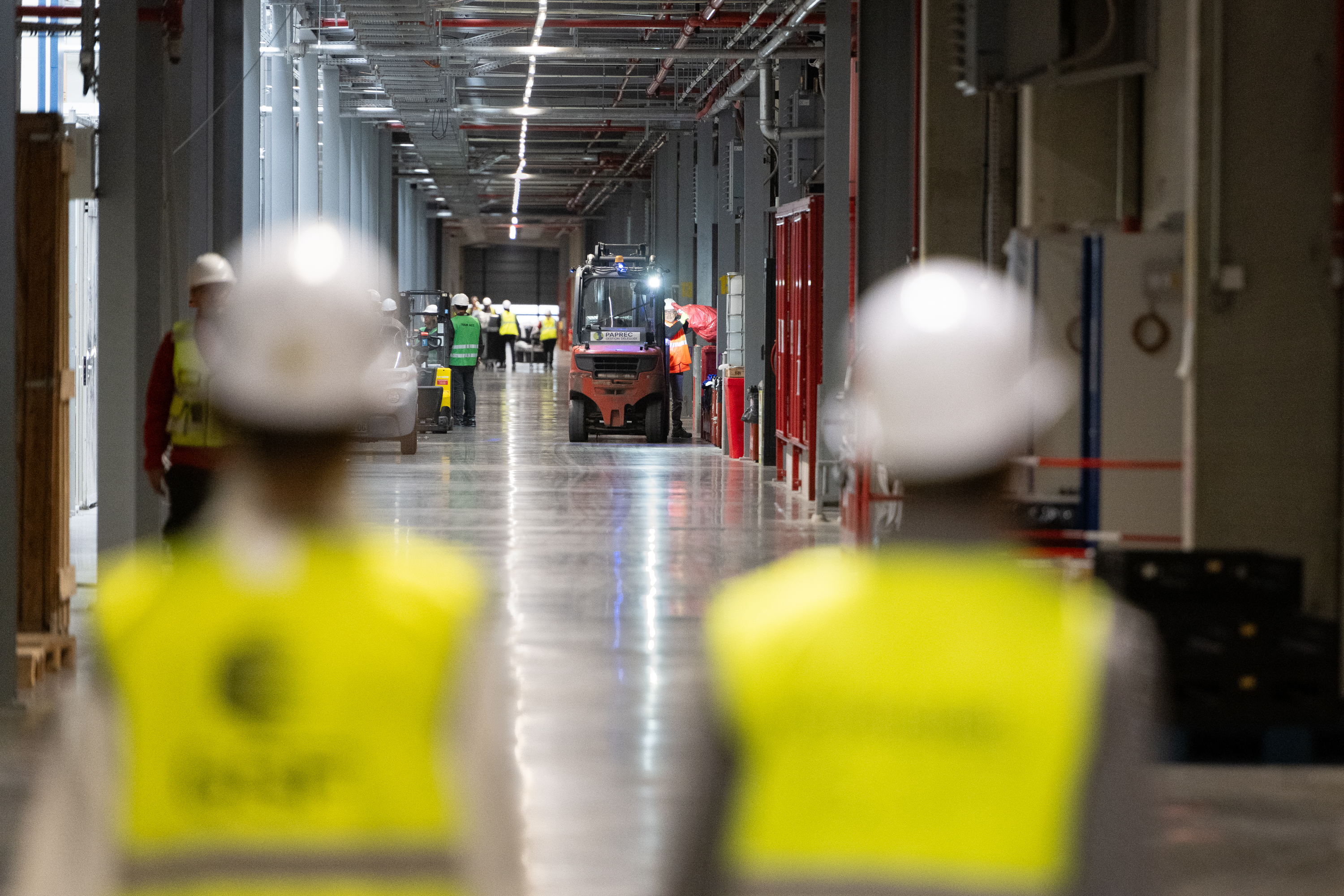
What is a responsible supply chain?
The vast majority of ACC's environmental and social impact comes from its supply chain. Therefore, mobilising and involving suppliers in our CSR approach through a selection process that incroporates social, ethical, and environmental performance factors is essential.
Responsible Sourcing is “a voluntary commitment by companies to take into account social and environmental considerations when managing their relationships with suppliers.” (Source: International Chamber of Commerce, ICC)
Definition of due diligence in supply chain:
According to OECD, Due diligence is “the process through which enterprises can identify, assess, prevent and/or mitigate and account for how they address actual and potential adverse impacts in their own operations, supply chains, and business relationships”.
Supply chain due diligence is related to ethical, labor, human rights, and environmental aspects within the supply chain. This involves evaluating every step in the supply chain, from raw material sourcing to final product delivery, to ensure compliance with regulations and promote transparency and accountability.
ACC is rolling out progressively its Due Diligence in Supply Chain Program by: updating the Sustainable Supply Chain Charter and our questionnaires to suppliers in 2024, strengthening the supplier assessment process based on the updated requirements of the Sustainable Supply Chain Charter, conducting risk mapping for key raw materials.
ACC is also working on the supply chain traceability mapping and started to conduct third-party audits of the mines (on-site) with RCS Global.
Over the course of a decade, IRMA crafted the world’s first shared definition of responsible mining—the IRMA Standard for Responsible Mining. This Standard is now the world’s most comprehensive and rigorous definition of responsible practices in mining. While the Standard describes best practice, IRMA welcomes mines at any level in their journey toward environmental and social responsibility to be measured against this Standard.
As a member, ACC helps shape the future of the Standard and the verification system and joins others in advancing IRMA’s vision: a world where the mining industry respects the human rights and aspirations of affected communities, provides safe, healthy and supportive workplaces, minimizes harm to the environment, and leaves positive legacies.
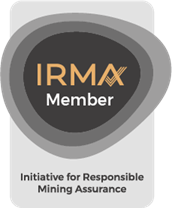
Sustainable Supply Chain Charter
Our Sustainable Supply Chain Charter clearly states ACC’s approach to this responsibility. It summarizes our guiding principles for the worldwide supplier network, following globally accepted standards and internationally-recognized guidelines on Environmental, Social and Governance.
To build a successful supplier–customer relationship, we require legal compliance from our business partners on all levels, to protect the environment and respect human rights in line with international expectations.
This Charter is one of the key tools helping us to achieve this.

